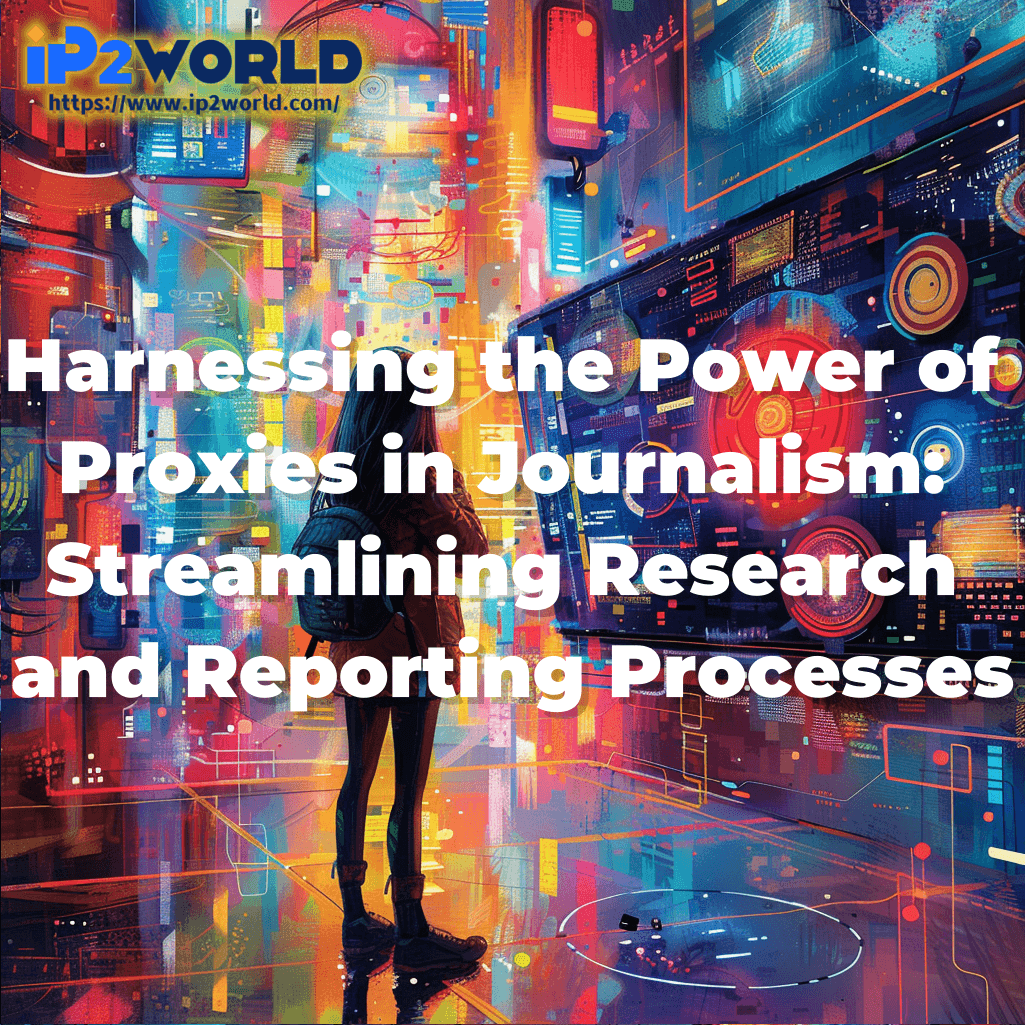In today's digital age, journalism faces a myriad of challenges, from information overload to data security concerns. However, amidst these challenges lies a powerful ally: proxies. Proxies have emerged as indispensable tools for journalists, assisting in research and reporting by providing anonymity, access to restricted content, and enhanced security. This article delves into the diverse ways proxies are transforming the landscape of journalism, streamlining processes, and ensuring the integrity of news reporting. The Role of Proxies in Journalism Proxies serve as intermediaries between journalists' devices and the internet, allowing them to mask their IP addresses and browse the web anonymously. This anonymity is crucial for investigative journalists working on sensitive stories or in regions where online surveillance is prevalent. By hiding their digital footprint, journalists can protect their identity and sources, ensuring the safety of whistleblowers and informants. Access to Restricted Content Journalists often encounter barriers when accessing certain websites or content due to geo-restrictions or paywalls. Proxies circumvent these restrictions by routing internet traffic through servers located in different geographical locations. This allows journalists to access blocked content, conduct research on global issues, and gather diverse perspectives for their stories. Enhanced Security and Privacy Data security is a paramount concern for journalists handling sensitive information. Proxies encrypt internet traffic, protecting communications from eavesdropping and unauthorized access. This encryption is especially critical when journalists are working on stories related to government surveillance, corporate misconduct, or other high-stakes topics. Facilitating Investigative Research Investigative journalism often requires extensive research and data gathering. Proxies play a vital role in this process by enabling journalists to collect information without revealing their identities or locations. This anonymity is essential when conducting interviews, accessing public records, or communicating with sources online. Protecting Journalistic Integrity In an era of fake news and misinformation, maintaining journalistic integrity is more important than ever. Proxies help journalists verify information, fact-check sources, and corroborate evidence without leaving digital traces. This diligence ensures the accuracy and credibility of news reports, fostering trust with audiences and upholding journalistic standards. Best Practices for Using Proxies in Journalism While proxies offer numerous benefits, journalists must use them responsibly and ethically. Here are some best practices for using proxies in journalism: 1. Protect Source Identities: Always use proxies when communicating with confidential sources or whistleblowers to protect their identities and ensure their safety. 2. Verify Sources: Cross-reference information obtained through proxies with reliable sources to verify accuracy and avoid spreading misinformation. 3. Maintain Transparency: Disclose the use of proxies in news reports when relevant to maintain transparency with audiences and uphold journalistic ethics. 4. Ensure Legal Compliance: Familiarize yourself with legal and ethical guidelines regarding the use of proxies in journalism, especially in sensitive or regulated industries. 5. Use Secure Proxies: Choose reputable proxy providers that offer secure, encrypted connections to safeguard data and communications. In conclusion, proxies have become indispensable tools for journalists, offering anonymity, access to restricted content, enhanced security, and streamlined research processes. By leveraging proxies responsibly and ethically, journalists can uphold journalistic integrity, protect sources, and deliver accurate and trustworthy news coverage to audiences worldwide.
2024-04-28
